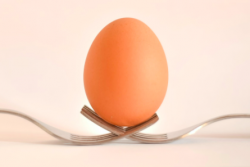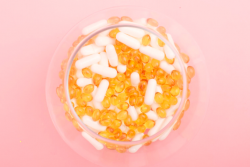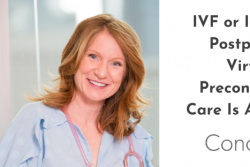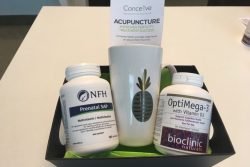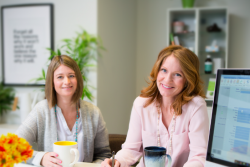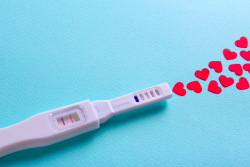In an interview with Dr. Tracy Malone, she discussed how and why age (biological and chronological) affects fertility levels.
Dr. Tracy Malone ND:
When a woman turns 35, it’s thought that her fertility really starts to take a sharp decline, which in all sense and purposes is absolutely true, from a biological standpoint. After the age of 35, we do tend to see a sharp decline in the number of viable oocytes that are coming forth for fertilization and development each month.
If those eggs become fertilized and have a spontaneous pregnancy, there’s a higher risk for miscarriage over the age of 35 and a higher risk of chromosomal abnormalities over the age of 35. That makes people very nervous.
Dr. Tracy Malone ND:
Here’s the difference between chronological age and biological age: chronological age is your number. How old are you? What year were you born in?
Biological age is how old or how young is your metabolism? I see patients coming in, in their twenties that have hormonal profiles of someone in their fifties. So that would be an instance of premature ovarian failure, for example. That’s an example of where a chronological age of 25 would biologically look like someone in their mid-forties.
Dr. Tracy Malone ND:
You always hear of that one or two lucky women who would spontaneously conceive and have a baby over 42 or 43 years of age, well, make no mistake that she’s got good genes and she’s probably lived a fairly healthy lifestyle. So her biological age could in fact be younger than her chronological age, her number, her age of 42 or 43. Your lifestyle factors, what you’re exposed to your sleep patterns, smoking or not smoking, drinking alcohol and exercise, can all make massive impacts on your biological age.
Dr. Tracy Malone ND:
I always talk about our windows, your hotspot for reproduction. That window for reproduction is not infinite. That is a window of time that you will never get back in your life.
So be kind to yourself, be educated and I would say, know your numbers, ladies. What do I mean by that? It is absolutely having a fertility assessment, regardless if you’re with a partner or if you’re considering having a family that year.
Sometimes it’s not about your partner, sometimes it’s about just having a little bit of context about your own reproductive health and taking control of that because there’s a ton of options. Seek advice, get yourself tested. It’s not that expensive. It’s not that complicated. It’s a matter of a blood test and an ultrasound. It’s not a guarantee, but it gives you more information than if you don’t do it and that can just heavily influence the decisions you might make at a certain age.
For more information or to book a fertility assessment contact us today.


